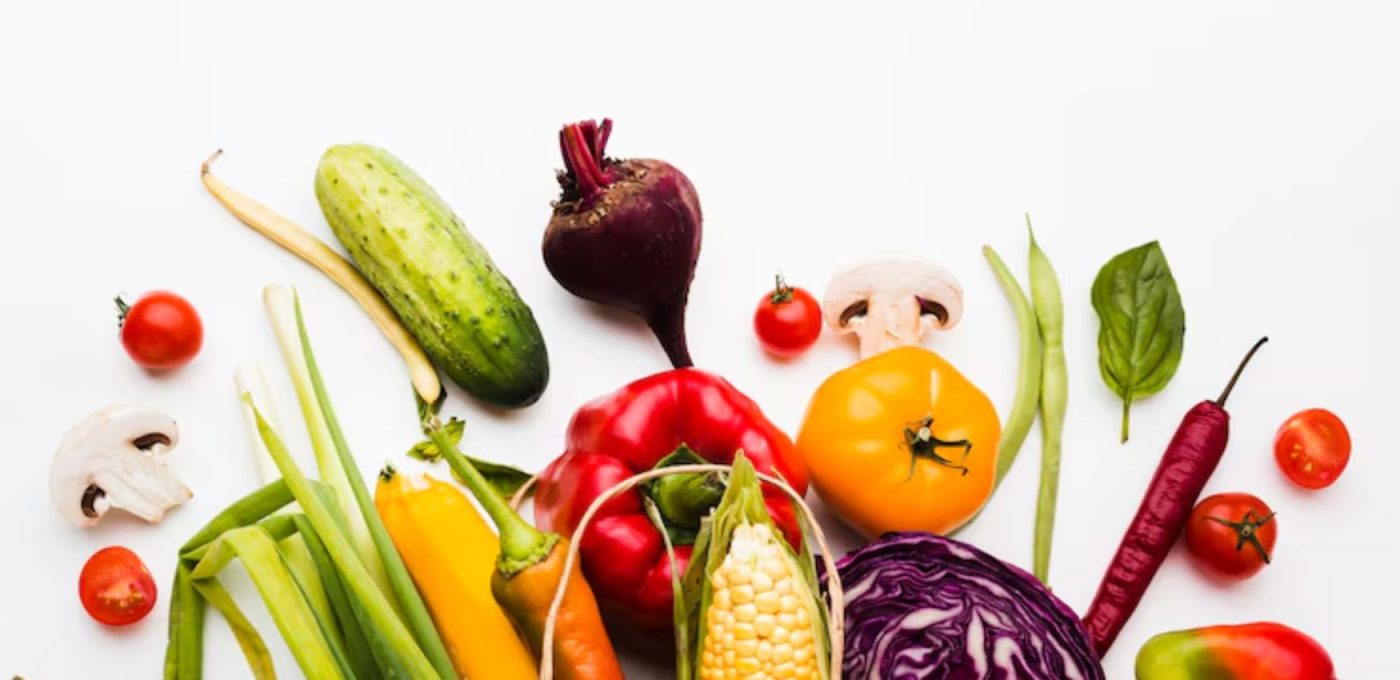Vegetables and Their Seeds: A Nutritious Delight
When we talk of vegetables, the first things that come to our mind are the leafy green plants, the bright-colored roots, and also their crunching stems. However, in our daily diet, there is another group that needs some attention: seeds consumed as vegetables. These little food powerhouses bring nutrition into variety in terms of color. Not just a pretty face; these tiny things are smart too! Let us examine these edible seeds more closely and find out how they come from the garden onto our tables!
The Botanic Marvels of Seeds
In effect, seeds really represent the purest form of plant life because all the genetic material necessary for growing into full-fledged plants exists in them. Interestingly, some of these seeds are suitable for consumption to form nutritious and delicious parts of our meals. Unlike other grains or nuts categorized under seeds, people eat these whole, and they have become important ingredients in various types of food made by different cultures worldwide.
The Seed Trend
Seeds are also known for their excellent properties that benefit skin and hair health. Benefits like flaxseed for hair, chia seeds for skin, weight loss, etc.
Communal Edible Vegetable Seeds
-
Green Peas
Green peas could be one among those common familiar edible seed species. They seem like vegetables but are actually small round nutritious seeds rich in proteins, fiber, and essential vitamins such as A, C, and K. This is one staple legume that can be eaten fresh, frozen, or canned, thus found virtually everywhere else around the world where agriculture prevails, especially during summer times. It is used most commonly in salads, soups, and stir-fries since it adds an appreciable sweet tender flavor to them.
-
Corn
Corn on the cob is a popular vegetable that people consume as a seed. In fact, each kernel on a corn cob is technically a seed. Sweet corn is loved for its juicy sweet flavor, and it contains a lot of fiber, folate, and antioxidants. It can be grilled, boiled, or even eaten raw in salads, making it an excellent addition to any meal.
-
Kidney Beans
Seeds like kidney beans, black beans, or string beans are seeds that have been cherished and cultivated by man for ages. Vegetarian diets greatly rely on beans; they provide protein, fiber, and iron necessary for the body, especially in dishes such as soups, stews, and salads where they are used as ingredients. They can also be eaten fresh for a more tender bite or dried and stored for long terms.
-
Pumpkin Seeds
Apart from being enjoyed roasted as snacks, pumpkin seeds also work as vegetables in cooking. These healthy fat-packed seeds have magnesium and zinc, which makes them a powerhouse in terms of nutrition content. Pumpkin seeds add a delightful crunch to salads, soups, and even baked goods. Not forgetting their resplendent benefits for hair and skin when consumed separately, this is because pumpkin seed oil has many advantages to the human body, especially hair and skin too.
Seeds as Superfood
Various kinds of seeds like chia seeds, flaxseeds, sunflower seeds, and sesame seeds are beneficial for numerous things. Let’s discuss further:
- Chia seeds are beneficial for skin and weight loss.
- Flaxseeds are proven for their extraordinary benefits for hair thickness and hair health.
- Sunflower seeds are good for immunity and are known for their nutritional value all over the world.
- Sesame seeds, or sesame seed oil, are used and consumed in many parts of India on a daily basis.
The Nutritional Value of Edible Seeds
Seeds are nature’s little bundles of nutrition. When we consume seeds as foods, we yield a beneficial source of necessary nutrients for our wellness. Seeds may be particularly high in proteins, making them a valuable food for vegetarians and vegans. Protein-rich seeds can also be good additions to meals for omnivores and carnivores. In addition to protein, seeds are sources of dietary fiber, which is necessary for digestive health, and vitamins and minerals that contribute to immune function, bone health, and energy production.
Cooking with Seeds
Having seeds as part of your meal can be enjoyable and rewarding. Here are some suggestions for preparing and using seeds:
- Roasting for Flavour: You may want to roast seeds, like pumpkin seeds, to enhance the flavor and get crunchy food for a salad or soup.
- Adding to Soups: You can include foods like peas or beans in soups and stews for texture and nutrition.
- Blending in Smoothies: Foods like sweet corn can also be blended in smoothies for flavor.
- Sautéing for Ease: Broad beans or green peas can also be sautéed very quickly with olive oil, garlic, and fresh herbs for a simple side dish.

